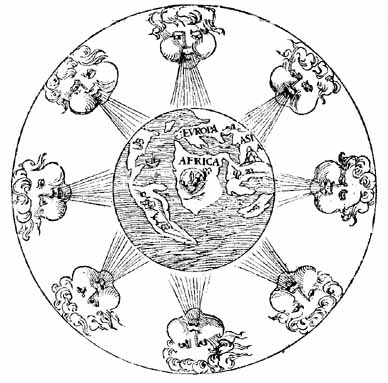CFP: "Between Scientists and Citizens: Assessing Expertise in Policy Controversies" - 1-2 July 2012, Iowa State University (USA) - Deadline: October 31, 2011
Call for Proposals: Between Scientists & Citizens: Assessing Expertise
in Policy Controversies
June 1-2, 2012 Iowa State University, Ames, Iowa
We are increasingly dependent on advice from experts in making
decisions in our personal, professional, and civic lives. But as our
dependence on experts has grown, new media have broken down the institutional barriers between the technical, personal and civic
realms, and we are inundated with purported science from all sides.
Further, we remain attached to an ideal of critical thinking that
envisions citizens as making their own, independent judgments on
public affairs�an ideal that places appeals to expert authority among the fallacies.
The general inquiry into the place of knowledge in politics goes back to the image of the philosopher king in Plato�s Republic, and in the American tradition, to the debate between John Dewey and Walter Lippmann on how to balance the contributions of ordinary citizens and experts in contemporary mass democracy. Today scholarship on this question is driven in part by a sense that science is contributing less than it could to our policy debates. Grappling with this problem will require collaboration across many disciplines: among rhetorical and communication theorists studying the practices and norms of public discourse, philosophers interested in the informal logic of everyday reasoning and in the theory of deliberative democracy, and science studies scholars examining the intersections between the social worlds
of scientists and citizens.
For this conference, we invite work from across the disciplines
focused on argumentation, reasoning, rhetoric, communication and
deliberation, with special emphasis on:
lay assessment of expertise and expert testimony
detection of and response to distorted science and "manufactured controversy" pedagogies for developing critical thinking about science in controversies roles scientists and scientific information play in civic deliberations and policy-making
transformation of arguments as they travel between technical, personal and civic spheres expert testimony as a source of knowledge roles of traditional journalism, new media, "boundary organizations" and "trading zones" in constructing public knowledge of science design of institutions for providing trustworthy advice on controversial issues special problems of communicating scientific information in health, organizational, legal, crisis, risk and other contexts
For consideration, submit a 250 word abstract with an additional 5-10 item bibliography, and a separate cover page with complete contact information, to GPSSARG@gmail.com by October 31, 2011.

